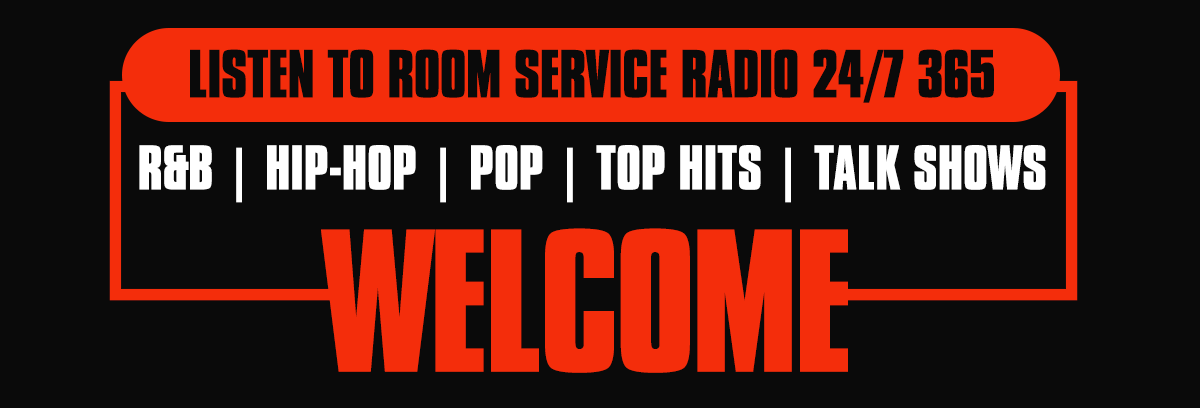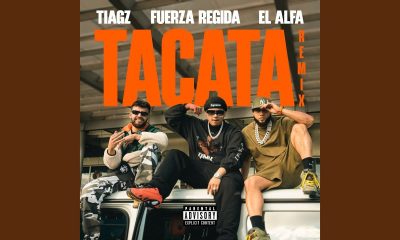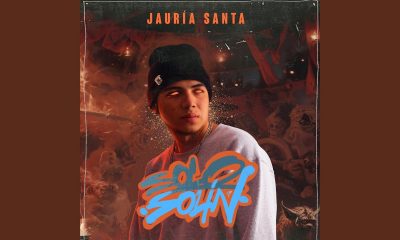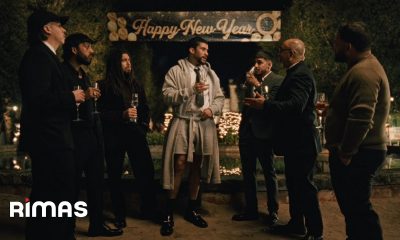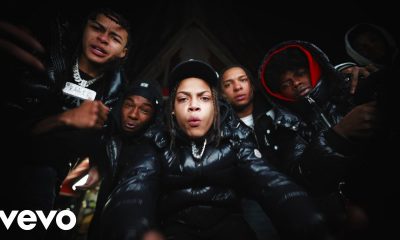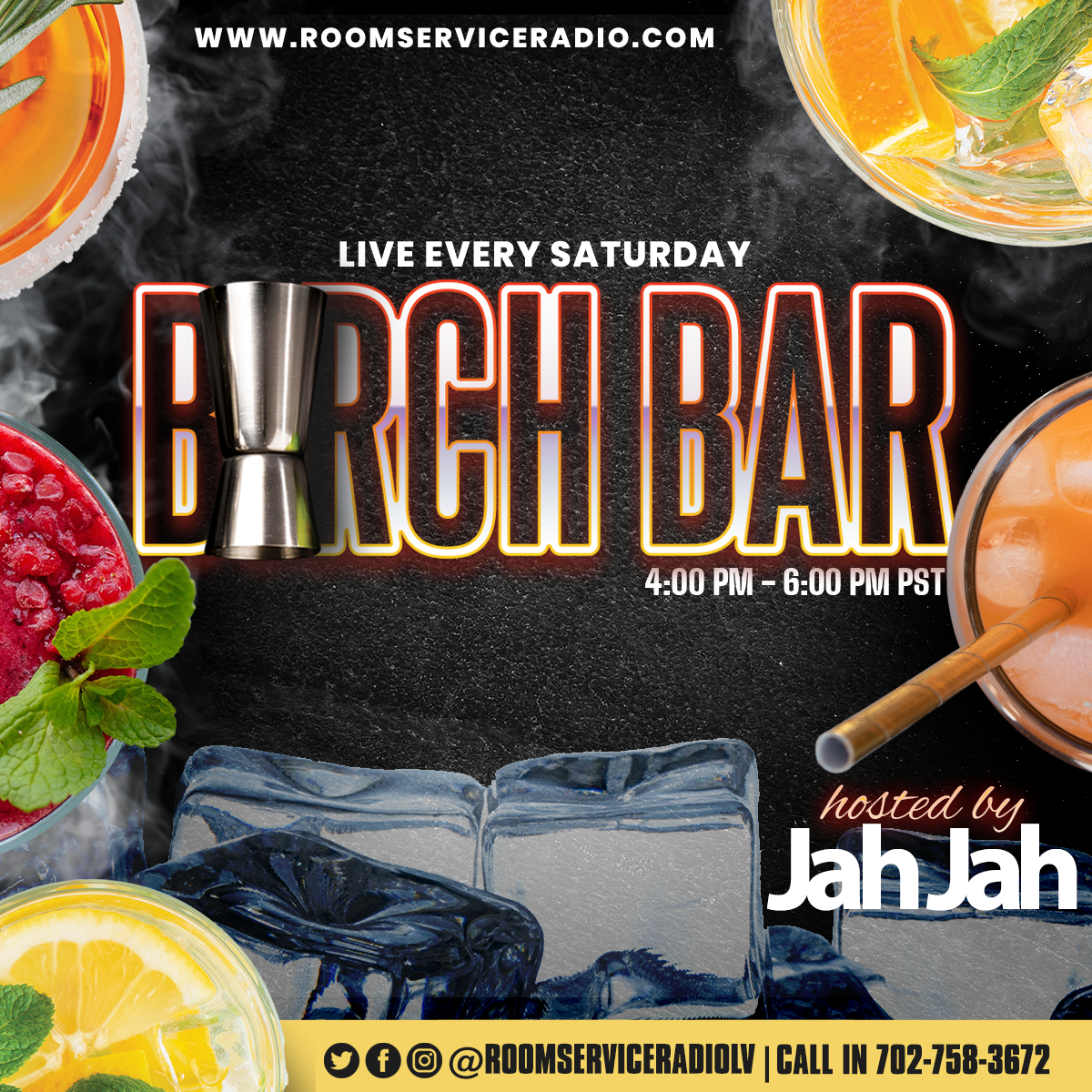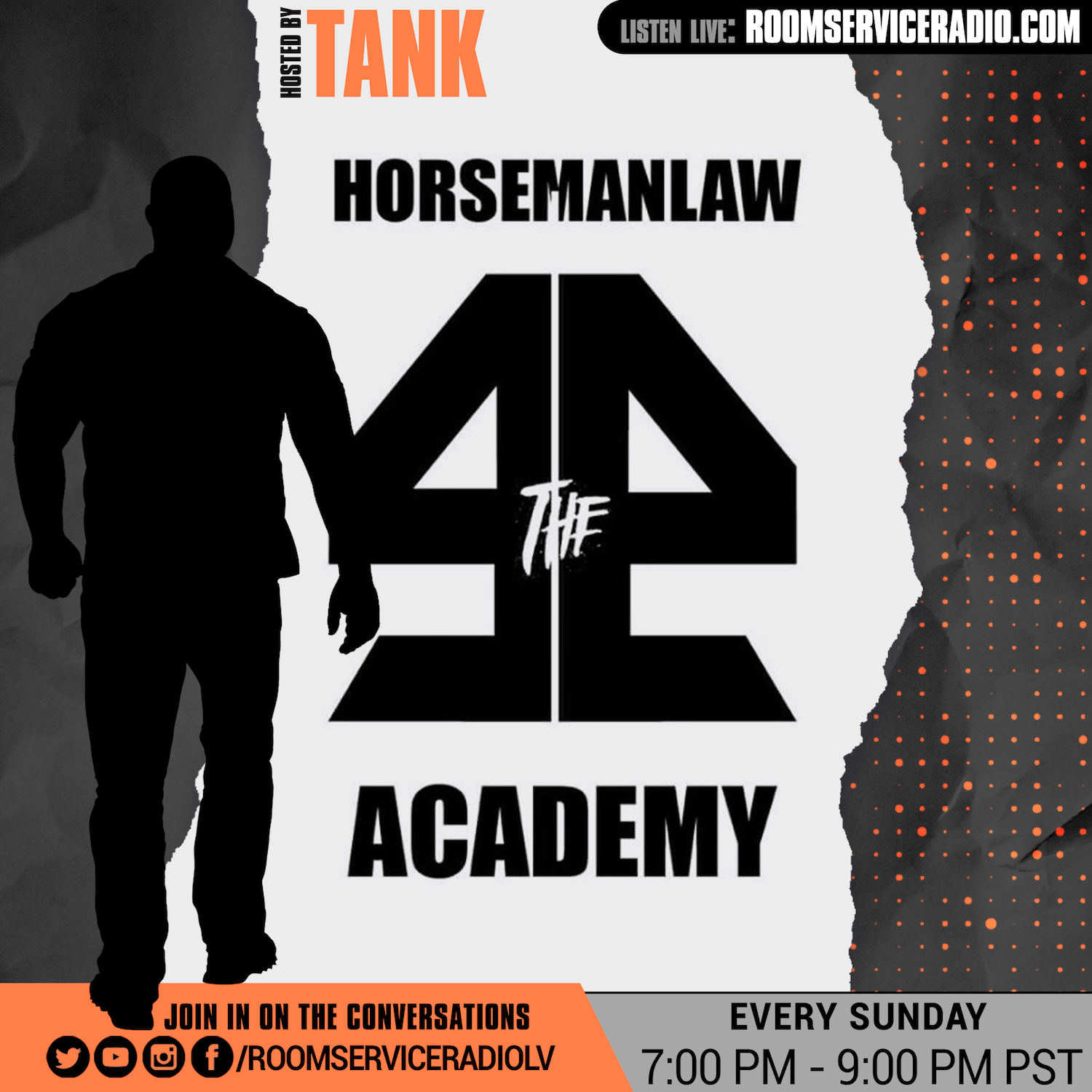
Chatting About the Eclipse With Josh Dobbs, the NFL Quarterback Who Also Works With NASA
Hopefully you didn’t need an expert’s opinion to think that the total solar eclipse was cool as hell. But, in case you’re still on the fence, Josh Dobbs is here to help. Dobbs is a veteran NFL quarterback—already a sick job—but he also has experience working with NASA during his free time. That’s how he got his out-of-this-world nickname (the Passtronaut), along with a reputation as the football world’s go-to science guy. The man did major in aerospace engineering at the University of Tennessee, after all, finishing school with a perfect 4.0 GPA.
Dobbs has spent time with the Steelers, Jaguars, Browns, Lions, Titans, Cardinals, and Vikings since being drafted in 2017, and signed a free-agent deal with the San Francisco 49ers earlier this offseason. But he spent Monday far away from the gridiron, posting up at a NASA facility in Cleveland to take in the eclipse. After it was all said and done, the 29-year-old dialed up GQ to both marvel at the cosmic phenomenon he had just witnessed—in the path of totality, no less—but also to explain how a professional athlete became a part-time rocket scientist.
So, what was the eclipse like for you?
It was incredible. I didn’t know what to expect. But it was incredible in a lot of aspects. First, the eclipse itself was really cool. I’d never seen a total eclipse. In 2017, the [path of totality] wasn’t anywhere near where I was living. The next one is in like 20 years and it’s going to be out in Montana/Wyoming—not anywhere near where I’ll probably be living, either.
To experience it in a city, it was literally pitch black at 3:15! It was really cool to experience something you’ve never experienced. The second part was just seeing how big the turnout was. I’ve obviously always loved space and aviation since I was young, but that’s not the story for everyone. Being out there, they had to cap it at 35,000 people at the Great Lakes Science Center and stop letting people in. There was that much interest in the city! People were experiencing the eclipse together, but also learning what NASA was doing with all their aerospace programs. Sharing stuff that I’m passionate about, meeting the people who are driving the pace car in the right direction, and seeing the community engagement? That really made it a special event.
Were you working or were you just there to observe?
A little bit of both. I was doing some promotional stuff to bring eyeballs to the event, but I was also just taking it all in. I was learning, too! I explored the museum. They have a cool flight simulator where you can land the space shuttle like you’re coming back from space.
On a personal level, how hyped were you? It’s kind of the Super Bowl of earthly events!
I was pretty hyped! Like I said, I didn’t really know what to expect, but when I got home yesterday I was like, That was so cool. Going back and watching it, it’s just cool to realize you documented it from start to finish. At 3:14, it kind of looked like dusk, and two minutes later it was completely black. It looked like it was 11 pm, street lights were coming on. Two minutes after that, dusk again. It was crazy to see how perfectly the moon blocked out the sun, and then that one little sliver when it moved just a little bit and made it bright again. So, yeah, I was pretty hyped. It was cool, man! For the next one, if you can get in the path of totality, do it.
Did you find yourself having to explain to people why they should care about the eclipse? It was a pretty big deal!
A little bit. I had an interview on Cleveland radio. The guy was like, “Sell me on this total eclipse.” I’m like, “I don’t know what there is to sell you on! It’s going to be 3:15 in the afternoon, when the sun is usually out, but it’s going to be pitch black. You’ve never seen that! Ever.”
You have to respect natural events. You’re here on earth, living the life that you are, and the timing of everything? It gives you a unique perspective. We have so much stuff going on, but sometimes your life can seem so small in comparison to how large the universe is.
What exactly do you do for NASA? How does an NFL quarterback get involved with NASA in the first place?
During my second year in the league I was set up with an externship through the NFL Players Association. That was my first introduction to NASA. I was going to be up in Goddard [a NASA space research laboratory near Washington, DC]. But that same offseason they actually had a government furlough, so NASA shut down and the externship got canceled. That was a blessing in disguise, because it gave NASA time to plan out a more hands-on experience.
Article written by Matthew Roberson #GQ

